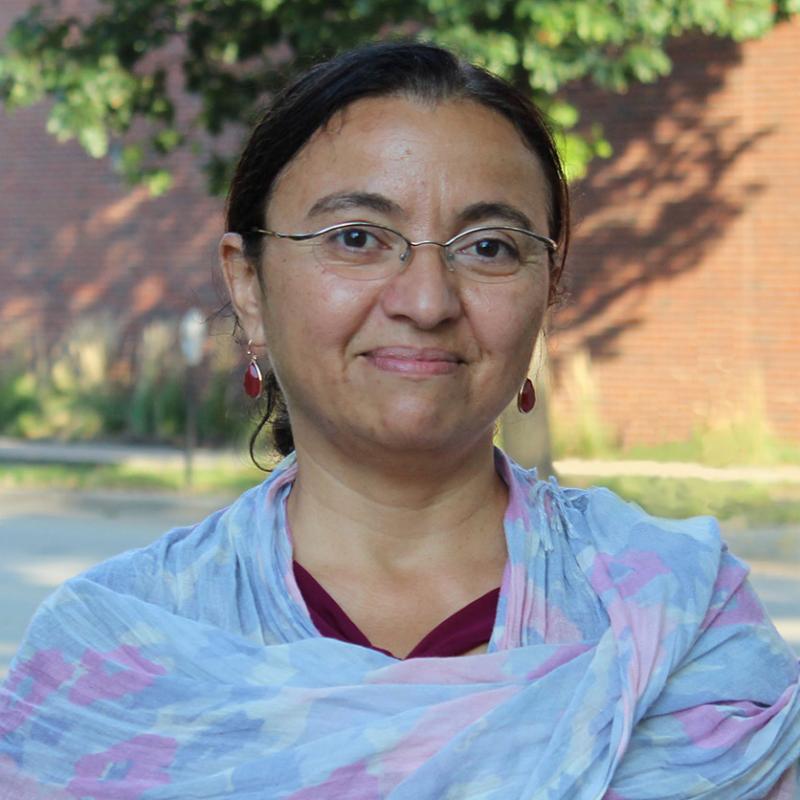CLIR News 156
CLIR News No. 156 Fall 2024 Letter from the Editor Gaza’s Cultural Heritage and the Ruin of War By Charles Henry, president Read More CLIR
Preserving Knowledge in the Face of Ruin: A Librarian’s Perspective on Protecting Cultural Heritage During Conflict

In early December, Laila Hussein Moustafa, an associate professor and librarian at the University of Illinois Urbana-Champaign School of Information Sciences, authored a thought-provoking article in the Los Angeles Times. She called attention to the sad devastation of Gaza City’s major public library in her poem. The larger worry of libraries being targets during times of war and strife was also covered in Moustafa’s article.
We discuss the cultural relevance of libraries beyond the loss of books in our audio Q&A with Professor Moustafa, as well as how the destruction of libraries affects the identity and collective memory of communities living in conflict zones. We look at methods for preserving information in libraries during emergencies and talk about how these initiatives might help shattered communities retain their sense of identity and continuity.
We examine international cooperation efforts to conserve cultural heritage, drawing on historical precedents such as the preventative actions made on the brink of World War II by institutions such as the British Library and St. Paul’s Cathedral. Professor Moustafa talks about how these programs help to reconstruct society and promote cultural resilience in areas riven by conflict, in addition to preserving knowledge.
Furthermore, we address the contemporary ramifications of library destruction, such as how it affects the development of artificial intelligence and technology. To guarantee that AI models accurately represent the diversity and depth of human history, Professor Moustafa emphasizes the significance of conserving a variety of knowledge sources, especially those originating from areas that are in danger of being destroyed.
Join us for this thought-provoking discussion as we examine the vital role that libraries play, the importance of cultural legacy, and the cooperative efforts required to protect information in the face of violence.
CLIR News No. 156 Fall 2024 Letter from the Editor Gaza’s Cultural Heritage and the Ruin of War By Charles Henry, president Read More CLIR
CLIR News No. 155 Jan-March 2024 Code4Lib The Code4Lib Annual Conference is scheduled to take place this year in Ann Arbor, Michigan, from May 13
CLIR News No. 155 Jan-March 2024 The Light We Bear Within Us Gaza’s Cultural Heritage and the Ruin of War By Charles Henry, president Read

Council on Library and Information Resources
1800 Diagonal Road, Suite 600
Alexandria, VA 22314
contact@clir.org
CLIR is an independent, nonprofit organization that forges strategies to enhance research, teaching, and learning environments in collaboration with libraries, cultural institutions, and communities of higher learning.
Unless otherwise indicated, content on this site is available for re-use under CC BY-SA 4.0 License